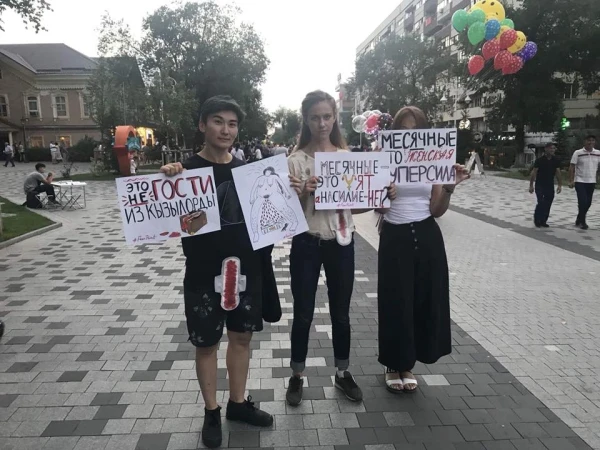
Human rights defenders emphasized that the amendments violate fundamental human rights.
The Mazhilis of Kazakhstan has adopted amendments to legislation prohibiting "LGBT propaganda" in the second reading, Tengri News reports. The changes affect nine laws: on children's rights, advertising, communications, culture, education, cinema, media, and online platforms.
The amendments introduce the definition of "propaganda of non-traditional orientation" and establish a ban on its dissemination in the media, online, and through telecommunications channels. The penalties for violating these restrictions have not yet been reported.
The ban will take effect after the Senate approves the bill and President Kassym-Jomart Tokayev signs it. The latter stated in March that "many countries have imposed LGBT on others for decades," using democratic values as a pretext for embezzling budgets.
Deputy Yelnur Beisenbaev asserted at the Mazhilis meeting that the restrictions do not concern the LGBT community itself but are aimed solely at the public dissemination of information about it.
Ahead of the vote, seven international human rights organizations, including Human Rights Watch and the Helsinki Foundation for Human Rights, criticized the bill. Human rights defenders emphasized that the amendments violate fundamental human rights, including children's rights to education, health, and access to information, and increase the vulnerability of LGBT+ people in the country.
The campaign to ban "LGBT propaganda" in Kazakhstan has been ongoing since 2024. Amendments to this effect were proposed for the "On Mass Media" bill, but they were not included in the final version. The introduction of criminal liability for "propaganda of non-traditional relationships" was also discussed. In the summer of 2024, the Ministry of Culture and Information of Kazakhstan announced that it would consider a petition "against open and hidden LGBT propaganda," which garnered more than 50,000 signatures. Discussions on banning queer content resumed in October 2025 — the restrictions were decided to be included in amendments to the archival bill.
In February 2024, the website for queer teenagers Selftanu.kz, run by sex educator Sasha Kazantseva, was blocked in Kazakhstan. It contained advice for teenagers on how to find support, communicate with parents, and build relationships. The blockage was preceded by DDoS attacks and threats to the project's authors. Ultimately, the Ministry of Culture of Kazakhstan removed the resource, justifying the decision with the wording "contains content of a special sexual and erotic nature."

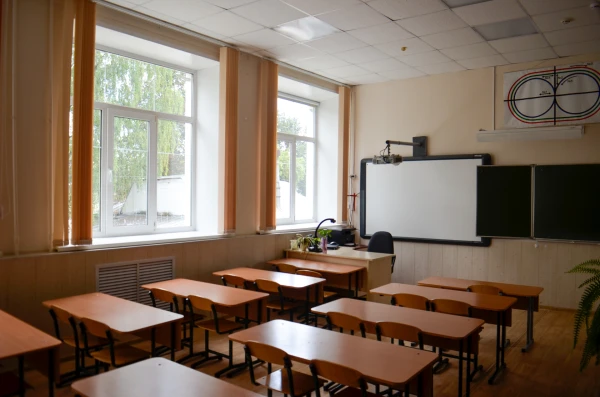


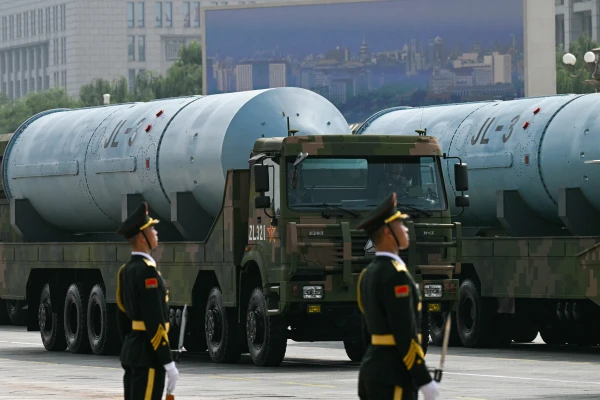

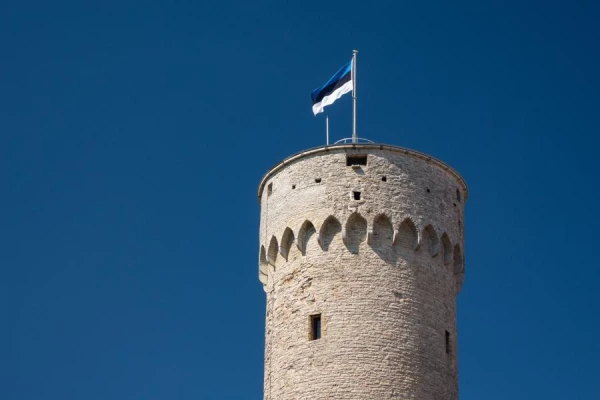
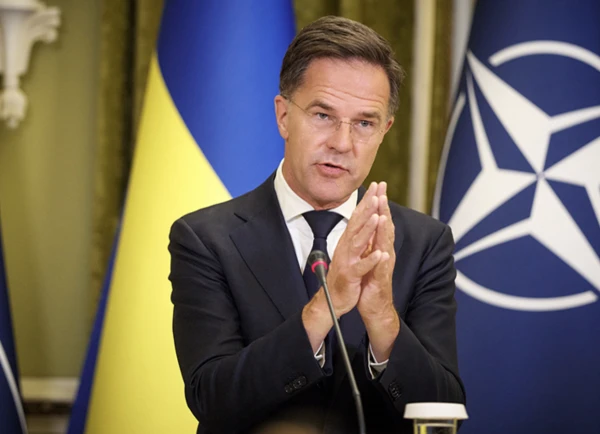



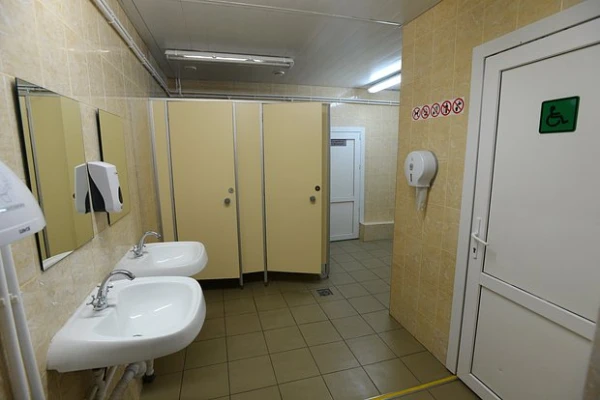

Leave a comment